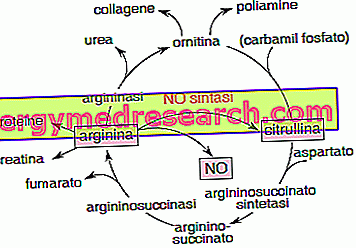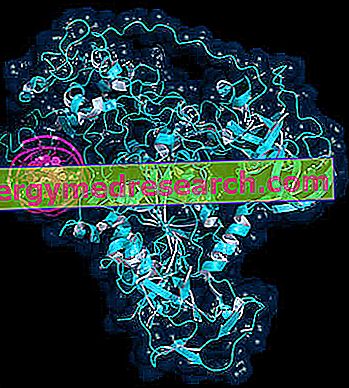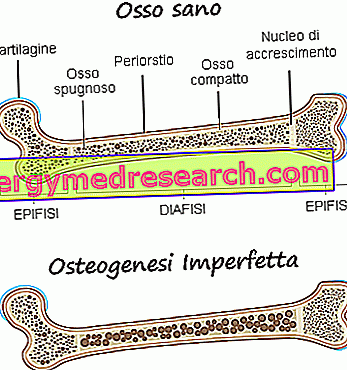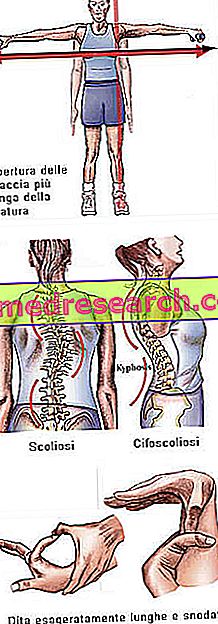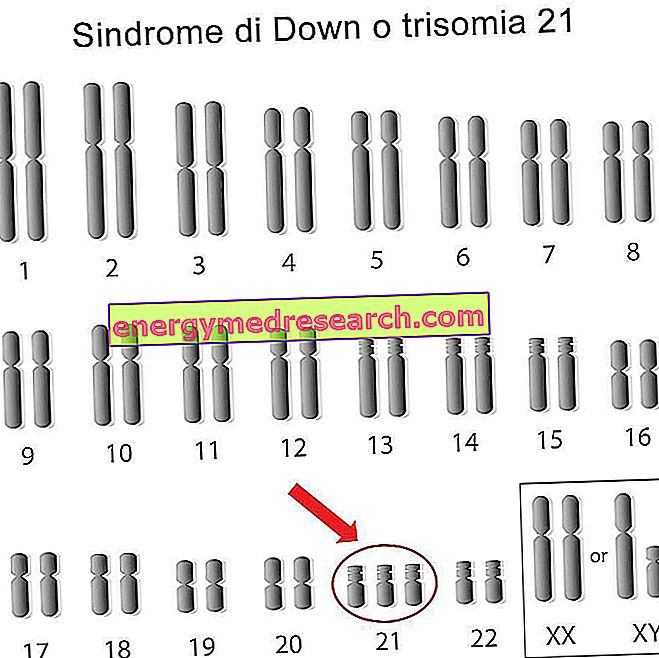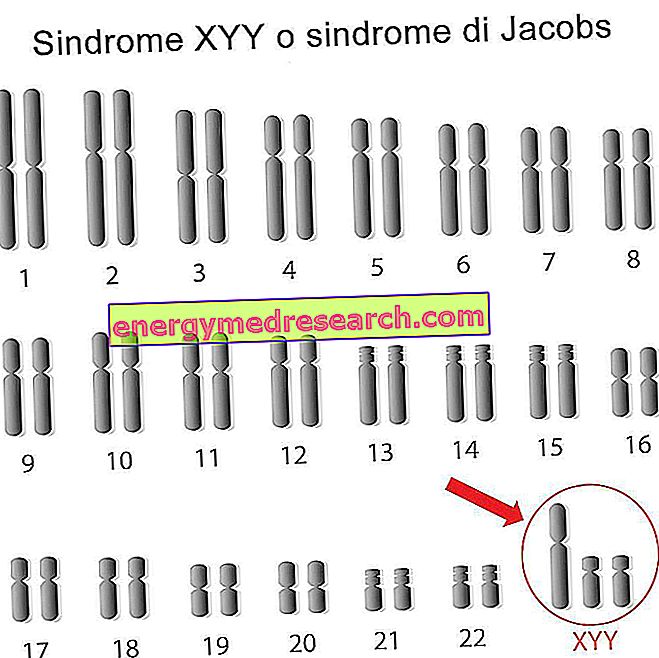Related articles: Marfan syndrome Definition Marfan syndrome is a systemic disease characterized by an abnormality of connective tissue, which causes cardiovascular, musculoskeletal, ocular and pulmonary changes. This disease is generally transmitted in an autosomal dominant manner (ie the parent affected by the disease has a 50% chance of transmitting Marfan syndrome to each of their children), but sporadic forms have also been described
Category genetic diseases
What is Citrullinemia Citrullinemia is a serious genetic disease with POSSIBLE PRENATAL DIAGNOSIS, of which two distinct forms are known: citrullinemia type 1 and citrullinemia type 2 ; in principle, citrullinemia determines: Excessive increase in blood citrulline Excessive increase in ammoniama and risk of coma (especially type 1) Increase in orotic acid (especially type 1) Arginine deficiency Impaired liver function What is citrulline
Generality and Definition Epigenetics deals with the study of all those heritable modifications that lead to variations in gene expression without altering the DNA sequence, thus without causing changes in the sequence of nucleotides that compose it. In other words, epigenetics can be defined as the study of those variations in the expression of our genes, which are not caused by real genetic mutations, but which can be transmitted
Generality Metachromatic leukodystrophy is a rare neurodegenerative disease that occurs mainly in childhood. It is a pathology caused by a genetic mutation transmitted in an autosomal recessive manner by parents (healthy carriers) to children. The severity of the clinical picture is usually related to the age at which the disease occurs
Generality Imperfect osteogenesis is a congenital genetic disease, unrelated to sex, responsible for a certain bone fragility and a marked tendency to fracture . The causes of imperfect osteogenesis are almost always to be found in genetic mutations of the COL1A1 and COL1A2 genes; COL1A1 and COL1A2 control the normal production of type 1 collagen, which is fundamental for the resistance of the bones of the human body
Generality Bartter syndrome is a rare disease characterized by impaired sodium, chlorine and potassium reabsorption in the loop of Henle . This disease owes its name to the American endocrinologist who discovered it: Frederic Crosby Bartter. The annual incidence was estimated at 1 / 830, 000. There are several variants of Bartter's syndrome whose transmission, although still autosomal, can vary from recessive to dominant depending on the case
Generality Berdon syndrome is a rare congenital disease involving the bladder and the enteric tract. This syndrome owes its name to Walter Berdon, the doctor who described it completely for the first time in 1976, identifying it in five girls. In detail, it is a disease characterized by an excessive dilation of the urinary bladder and an important abdominal distension which is associated with a series of serious symptoms that can put the patient's survival at risk
What is Marfan Syndrome? Marfan syndrome describes a complex hereditary disorder of the connective tissue, which mainly affects the eyes, cardiovascular system and skeletal muscle system. However, considering that every organ is made up of connective tissue, Marfan syndrome can ideally destroy and interfere heavily with growth and function of each anatomical site
Aneuploidy is a chromosomal anomaly, characterized by a variation in the normal number of chromosomes present within a cell of a given species. As far as the human being is concerned, a subject having more or fewer chromosomes than the normal number which is 46 is considered aneuploid . Aneuploidy can affect autosomal chromosomes or sex chromosomes and can sometimes cause serious consequences
Of the 23 pairs of chromosomes that make up the genome of a healthy individual, only a couple are sufficient to determine a person's sex. In fact, women have two X sex chromosomes, while men have an X sex chromosome and a Y chromosome. There are several genetic diseases due to sex chromosomes, one of which is Jacobs syndrome or more simply XYY syndrome
Hemophilia is a recessive inherited genetic disorder that alters the normal process of blood clotting and leads to prolonged bleeding . To cause hemophilia in an individual, it is a genetic mutation present at the level of the sex chromosome X; this mutation is generally inherited from one of the two parents, who also carries the same chromosomal anomaly


